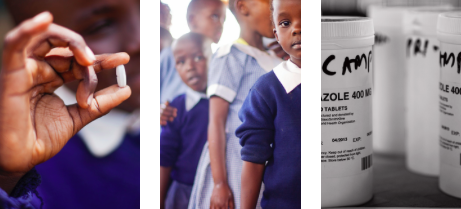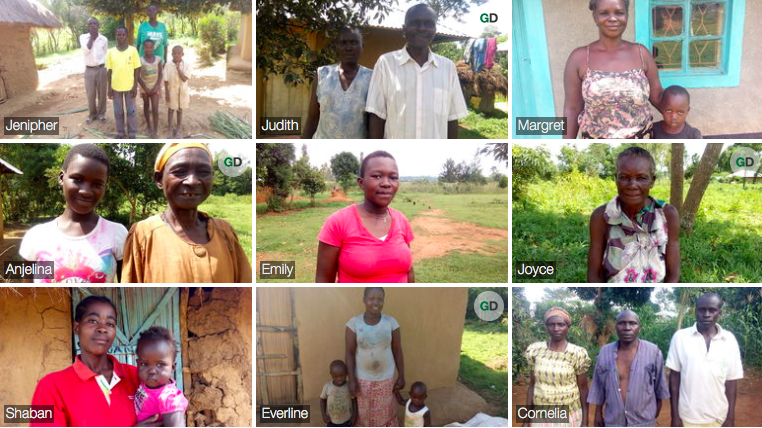
Effective Altruism is a growing social movement that combines both the heart and the head: compassion guided by data and reason. It’s about dedicating a significant part of one’s life to improving the world and rigorously asking the question, “Of all the possible ways to make a difference, how can I make the greatest difference?”
The world is plagued by millions of problems, but not everything can be solved immediately. The core idea behind Effective Altruism is that we must channel our money to the most effective causes and to do the most good for the world with our limited time, energy, and resources.
One Effective Altruism website describes their motto:
“As a rule of thumb, effective altruists are looking for causes or approaches that score well on 3 criteria:
Important: helps many people a lot.
Neglected: other people aren’t already taking all of the good opportunities.
Tractable: there’s something practical you can do that might succeed.”
But why should you contribute towards helping save a life in Sub-Saharan Africa when there are so many causes in your own country, or hometown?
Consider this argument by famous philosopher Peter Singer – Suppose you are walking by a pond and you notice that a child has fallen in and appears to be drowning. Would you jump in the lake to save the child, knowing that your clothes will become muddy, and you will most definitely not make it in time to the event you were planning to go to? Most people would say yes. If this is the case, and if people consider it a moral obligation for them to save a child at a minimum cost, then why is there hesitance to save the life of a child who is situated in a different country? After all, it costs just $5 to provide a poor Kenyan family with a bed net and keep the family safe from malaria for years together.
According to GiveWell, a charity rating NGO, here are some of the best causes you can donate to:
Malaria is a major problem in sub-Saharan Africa. Over 1 million people – mostly children – die each year. Insecticide-treated bed nets prevent deaths and many other non-fatal cases of malaria and are relatively inexpensive – about $5 per net. This cause is highly effective and has been proven to reduce mortality rates to a large extent.

2. Deworm the World Initiative (led by Evidence Action)
The Deworm the World Initiative (Deworm the World), led by Evidence Action, supports programs that treat children for parasitic worm infections that cause short-term symptoms such as anemia, and may cause longer-term developmental problems. These worms are extremely inexpensive to treat . Deworm the World focuses on advocacy and technical assistance to governments providing deworming, and we believe that it cost-effectively increases the number of children receiving deworming treatment.
3. GiveDirectly
Directly transferring money to the very poor allows recipients to purchase what they believe will help them most. Strong evidence indicates that cash transfers lead recipients to spend more on their basic needs (such as food), and may allow recipients to make investments with very high returns, with no evidence of large increases in spending on items like alcohol or tobacco.
4. Schistosomiasis Control Initiative (SCI)
In sub-Saharan Africa, a large proportion of people, often children, are infected with parasitic worms that cause short-term symptoms such as anemia, and may cause longer-term developmental problems. These worms are extremely inexpensive to treat and have been proven to improve attendance in primary schools.
On a similar theme, 80,000 Hours argues that people who want to make a difference in the world, should also consider working in a high paying job and donating a large part of their salary.
But the idea of EA is not without criticism. Charity is all about empathy and feelings, hence by calculating cost of each life saved may not make us feel good about it. Moreover, by focusing on causes that can have the most impact for a dollar, we may ignore other issues that are equally important but are slightly more expensive. Nevertheless, since the whole idea is to do good, EA is a promising movement especially in the face of rising inequality in the modern capitalistic world.
Watch Peter Singer talk about the why and how of effective altruism here.
This article (Altruism and doing the most Good you Can) is a free and open source. You have permission to republish this article under a Creative Commons license with attribution to the author and AnonHQ.com.






